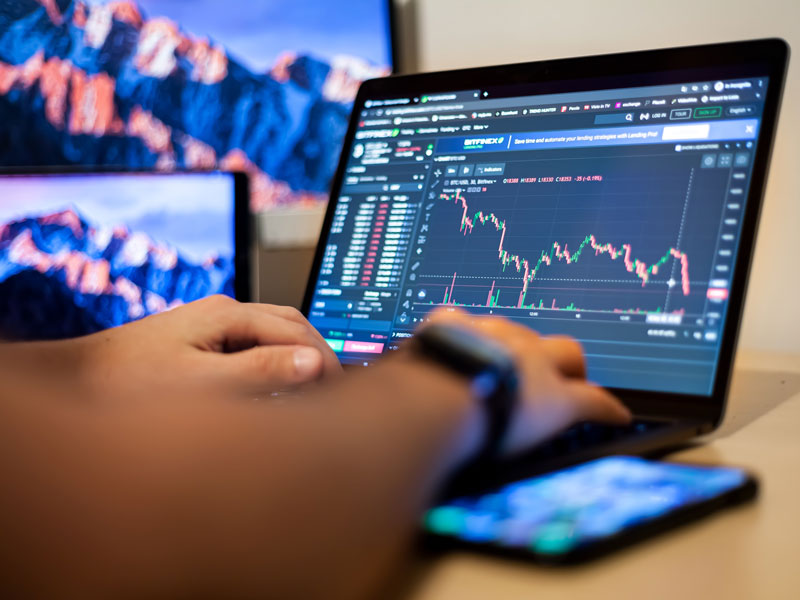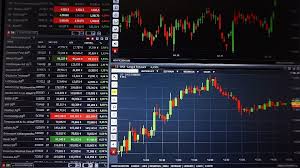
Your Ultimate Guide to Forex Trading
Forex trading, or foreign exchange trading, is the dynamic marketplace where currencies are bought and sold. This trading environment provides substantial opportunities for investors who understand how the market works. With platforms like forex trading site kuwait-tradingplatform.com, even beginners can dive into trading with confidence. In this article, we will explore the fundamentals of Forex trading, essential trading strategies, risk management techniques, and how to choose the right trading platform.
Understanding Forex Trading
Forex trading involves the exchange of one currency for another, anticipating changes in currency values. Unlike other financial markets, the Forex market is decentralized and operates 24 hours a day, five days a week. Major players include banks, financial institutions, corporations, and individual traders. The goal is to profit from the fluctuations in currency prices.
How Forex Trading Works
The Forex market works through the process of currency pairs. Each pair consists of a base currency, which you buy or sell, and a quote currency, which shows the value of the base currency. For example, in the currency pair EUR/USD, the euro is the base currency, while the US dollar is the quote currency. If you believe the euro will strengthen against the dollar, you would buy the EUR/USD pair.
Currency pairs are categorized into three types:

- Major pairs: These pairs involve the most traded currencies, such as EUR/USD, USD/JPY, and GBP/USD.
- Minor pairs: These pairs do not involve the US dollar, such as EUR/GBP or AUD/NZD.
- Exotic pairs: Exotic pairs consist of a major currency and a currency from a developing economy, such as USD/THB (Thai Baht).
Essential Forex Trading Strategies
Successful Forex trading hinges on the strategies you implement. While various strategies exist, they generally fall into two main categories: technical analysis and fundamental analysis.

Technical Analysis
Technical analysis involves studying price charts and using indicators to predict future market movements. Traders look for patterns and trends to assess potential price trajectory. Popular tools include:
- Moving Averages: These help smooth out price data and identify trends more clearly.
- Relative Strength Index (RSI): RSI measures the speed and change of price movements, helping traders identify overbought or oversold conditions.
- Bollinger Bands: These bands are used to identify volatility and potential reversal points.
Fundamental Analysis
Fundamental analysis focuses on economic indicators, news events, and geopolitical developments that affect currency values. Traders examine factors such as interest rates, employment reports, GDP growth, and inflation rates. By understanding these fundamentals, traders can anticipate how currencies will react to various news events.

Risk Management Techniques
Effective risk management is paramount in Forex trading. Here are some common techniques to minimize potential losses:
- Set Stop-Loss Orders: A stop-loss order prevents excessive losses by automatically closing a trade when it reaches a certain price.
- Define Risk-to-Reward Ratio: This ratio helps traders evaluate potential profit relative to potential loss, ensuring that their winning trades yield more than they risk.
- Limit Leverage: While leverage allows traders to control larger positions, excessive leverage can lead to significant losses. Use leverage cautiously and understand the risks involved.
Choosing the Right Trading Platform
With countless trading platforms available, selecting the right one is critical for your trading success. Consider the following factors when choosing a Forex trading platform:
- Regulation: Ensure that the platform is regulated by a reputable financial authority to protect your investments.
- User Interface: A user-friendly interface helps streamline your trading experience.
- Fees and Commissions: Understand the costs associated with trading, including spreads, commissions, and withdrawal fees.
- Broker Reputation: Research reviews and feedback from other traders to gauge the platform’s reliability.
Conclusion
Ultimately, Forex trading offers significant opportunities for profit, but it requires a thorough understanding of market dynamics, effective strategies, and disciplined risk management. By leveraging resources and trading platforms like kuwait-tradingplatform.com, you can navigate the complexities of the Forex market with greater confidence. Stay informed, practice your strategies, and continue learning to enhance your trading skills. With dedication and knowledge, you can become a successful Forex trader.